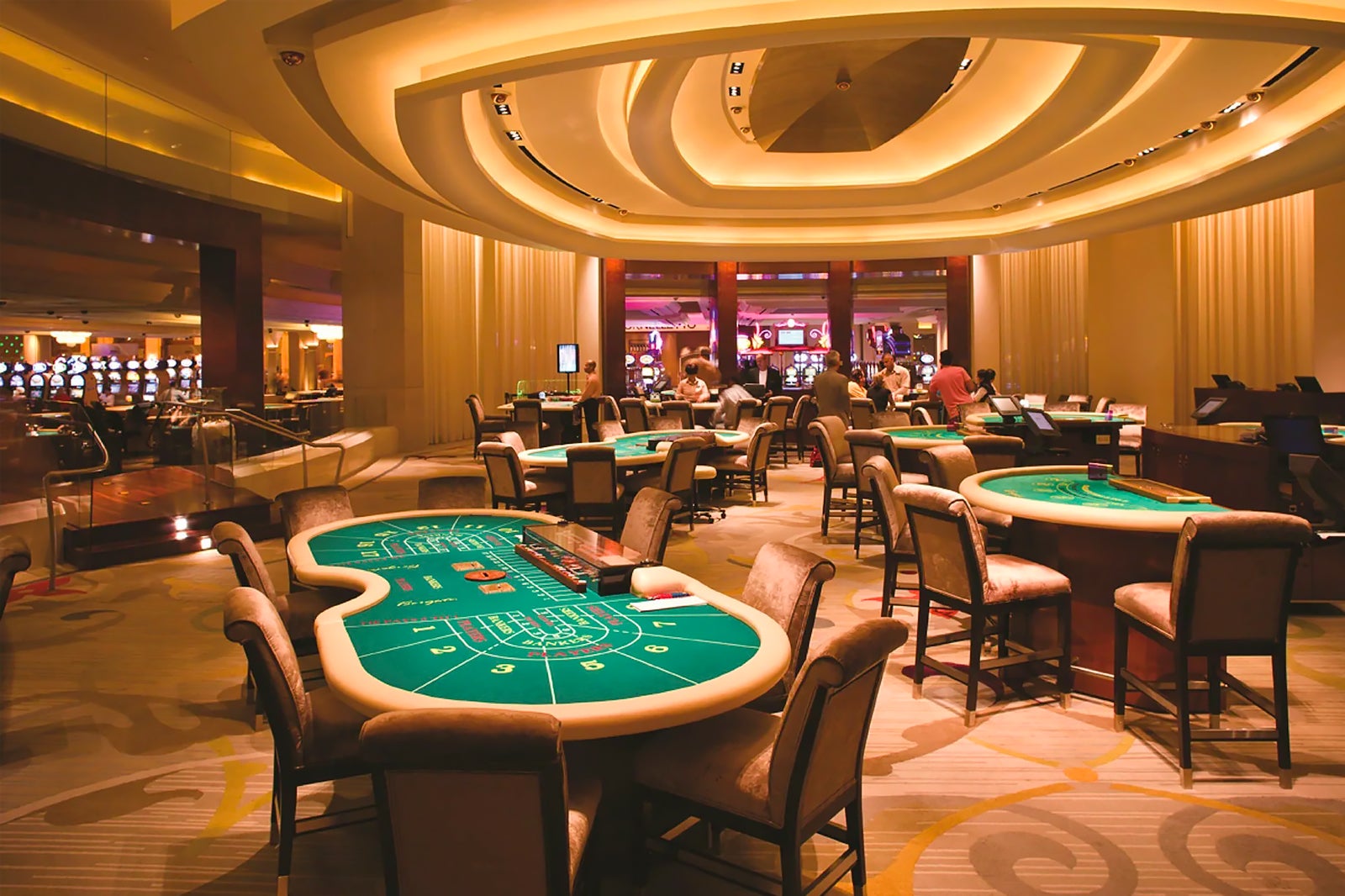The fascinating Progression of Casino Games Over the Ages

Gambling games have captivated players throughout history, evolving from simple pastimes to complex experiences that blend luck, tactics, and entertainment. From the ancient roots of gambling in societies including ancient Mesopotamia and Rome to the dazzling corridors of contemporary casinos, the journey of these games reveals much about the human experience and our connection with chance. As cultures blended and technology has advanced, casino games have evolved, illustrating shifts in society and advancements in gameplay.
The earliest forms of gambling likely included basic dice games and wagering on the results of sports competitions. Through the years, these basic forms of gambling grew into more structured games like playing card games, the roulette wheel, and the variety of one-armed bandits that populate casino floors today. Every generation brought its distinct regulations, visual styles, and cultural importance. At present, casino games maintain their evolution with the rise of digital gaming platforms, enabling players from all corners of the globe to join in a shared experience, further blending the traditional with the modern era.
Ancient Roots of Gaming Activities
Gambling activities have foundations that stretch back to ancient societies, where gambling was strongly integrated in social practices and social rituals. The initial known instances of gambling emerged in Mesopotamia around three thousand BC, involving primitive dice games made from knuckle bones. These initial activities laid the basis for more complex gambling activities, reflecting human beings’ natural urge to find wealth and entertainment through chance.
As societies progressed, so did their betting pursuits. In historic Chinese culture, around 2300 BC, objects were unearthed that looked like primitive basic forms of a lottery game game. More structured forms of gambling developed in the Roman Empire, where activities of luck were a popular recreation, often occurring in community events. The ancient Romans developed different betting activities, which composed dice and table activities, highlighting the widespread nature of betting across various social strata.
With the movement of ages, these early games contributed to the development of modern gambling games. In the medieval period, playing card games emerged prevalent in European culture, paving the way for the organized gambling establishments we know today. The transition from casual betting to formal gaming in pubs and private homes marked a significant shift in how people engaged with activities of chance, leading to the subsequent establishment of casinos as specialized places for gambling.
The Growth of Current Gambling Industry
The late 20th century marked a crucial transition in the realm of gaming, propelled by tech innovations and transformations in societal views towards gambling. The emergence of computers and the internet revolutionized the way gamblers interacted with their favorite casino games. Virtual casinos emerged, enabling gamers to enjoy classic casino classics like poker and 21 from the safety of their own homes. This emerging online environment not only expanded availability to casino games but also attracted a fresh crowd who found the comfort and variety tempting.
As online gambling gained momentum, so did advancements in gaming technology. The advancement of sophisticated software and graphics transformed classic gambling games into immersive experiences. Gamblers could now connect with authentic live dealers through live feeds, bringing the feel of brick-and-mortar casinos directly into their houses. This fusion of live gaming with online platforms created a novel combination that enhanced the social aspect of playing, making it possible for people to connect and challenge with fellow gamers around the planet.
Additionally, the emergence of gaming on mobile devices dramatically changed the casino landscape. With the widespread use of smartphones and tablets, players can access their beloved casino games at any location, whenever. Mobile apps offer a wide selection of options customized for touchscreens, catering to the busy lifestyle of contemporary gamers. migliori casino non AAMS This availability has resulted in rising participation in casino games, contributing to the rapid expansion of the gambling sector. As a result, the future of casino gaming continues to progress, adjusting to new technologies and changing player expectations.
How Technology Influences Casino Games
The evolution of technology has greatly changed casino games, improving the overall experience for players for gamblers globally. As the internet emerged, online casinos were created, allowing players to play their preferred games from the safety of their own homes. This change not only made casino games more accessible but also increased the variety of games available, as online platforms could host numerous variations of traditional games without the limitations of brick-and-mortar establishments.
The rise of mobile technology further transformed the casino gaming landscape. As smartphones and tablets became widespread, players can to play casino games anytime and anywhere. This mobility has led to the development of dedicated mobile applications and optimized websites that offer smooth gaming experiences. Additionally, innovations such as live dealer games have brought the genuine feel of a casino into players’ living rooms, connecting between physical and online gaming.
Moreover, advancements in artificial intelligence and VR are leading to the next generation of casino games. AI improves game design and player interaction, creating tailored experiences based on user behavior and preferences. Meanwhile, virtual reality offers immersive environments where players can engage in a virtual casino environment, making the gaming experience more exciting and lifelike. As technology continues to evolve, the future of casino games seems bright, filled with limitless opportunities for advancements and entertainment.
